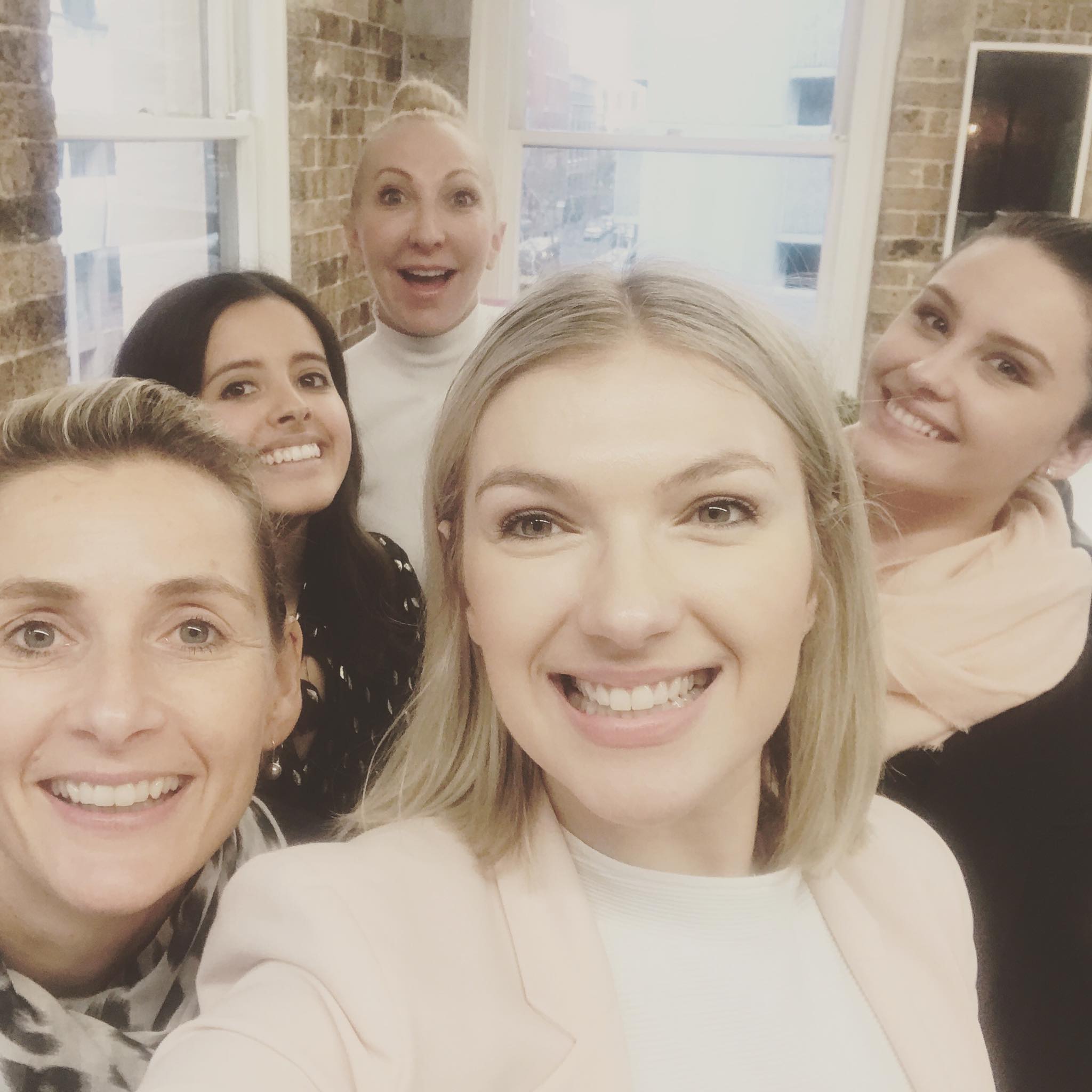
I am a professional with a chronic illness. However my illness doesn’t define me and it doesn’t mean I am any less valuable to my employer. That said, it does mean from time to time, I need to adapt what most deem “normal” workplace conditions.
I am lucky enough to work with an incredibly supportive team in a workplace where my colleagues understand that some days are a struggle. My colleagues know that on occasions I need to adapt how I do things. However, I know that not all employees feel comfortable to be honest about their chronic illness. They fear prejudice, judgement and at worst, that they might be overlooked for a job or promotion.
As a stage four Endometriosis sufferer, I have had multiple surgeries and have days where I am in agonising pain. I have learnt to find my own techniques to help manage my pain and symptoms in the workplace. However, that doesn’t stop the bad days. That’s why being honest about my disease and explaining that having such a strong support network and workplace is absolutely the key. Regardless of what your chronic illness is, I believe it’s time for workplaces to have action plans and policies for their employees, where they are not penalised, discriminated or bullied.
About Endo
For a long time the chronic disease we know as Endometriosis has been pushed to the sidelines or swept under the rug. I truly believe it’s about time we spoke about how this can affect thousands of women not only at home but in the workplace.
In case you haven’t heard, endometriosis is a chronic disease where cells similar to those that line the uterus are found in other parts of the body. There is no known cure for endometriosis and the cause is unknown. What we do know is that it affects 1 in 10 women and for some, the pain and symptoms can be unbearable.
To put it bluntly, it sucks. I’m not going to lie but I am also not going to dwell on it. We have people who believe because they can’t see the disease, it must mean that we are faking it. People assume we just wanted to take a day off. That the pain can’t be that bad “it’s just period pain after all’.
To any of the other Endo sufferers out there – please know that there are amazing support networks who you can talk to. You are not alone! Even though sometimes it does feel that way.
Let’s talk about chronic illnesses more
We need to allow endometriosis and other chronic illnesses to be spoken about openly. Not necessarily where we broadcast it to the whole office but we need managers to step up and understand the different ways that they can support their staff who are suffering from a chronic illness. Even (especially) the ones where we cannot see their physical injury or illness.
It could be as simple as flexible work arrangements so we can see the specialists we need to (if you want an appointment outside of standard business hours, be prepared to add an extra month to the already extremely long wait). It might be about educating the workplace about an illness and taking away the stigma and not making the subject a taboo.
Where to start
The Department of Health and many associations/charities for particular diseases have action plans and helpful tips for employers. It highlights the range of challenges in both personal and work life that employees can experience with their conditions.
Often, talking about someone’s condition might not be a comfortable conversation, but taking the first step as an employer to understand the condition will certainly go a long way in understanding what your employee is going through. It will open the lines of communication and help foster a culture of inclusion and transparency. It will also give insight into how to best help your employees and in turn get the most out of them. Isn’t that what every manager wants?
On the flip side, chronic illness shouldn’t be a reason for an employee not to give their absolute best. It shouldn’t be a crutch or an excuse used to hide poor performance overall.
What works for me
Working in a supportive workplace is so important to me. It makes all the difference. I can talk honestly, I don’t have to hide my symptoms. I also keep on top of healthy eating and exercise (although some days all I do want to eat junk food!). The team here at Sprint People help me do that. For Endo, I also find that my trusty hot water bottle at my desk and my rescue medication also play a big part. The best bit? No one judges when I do bring my hot water bottle out. They just know it’s what I’ve got to do.






We want to hear from you!